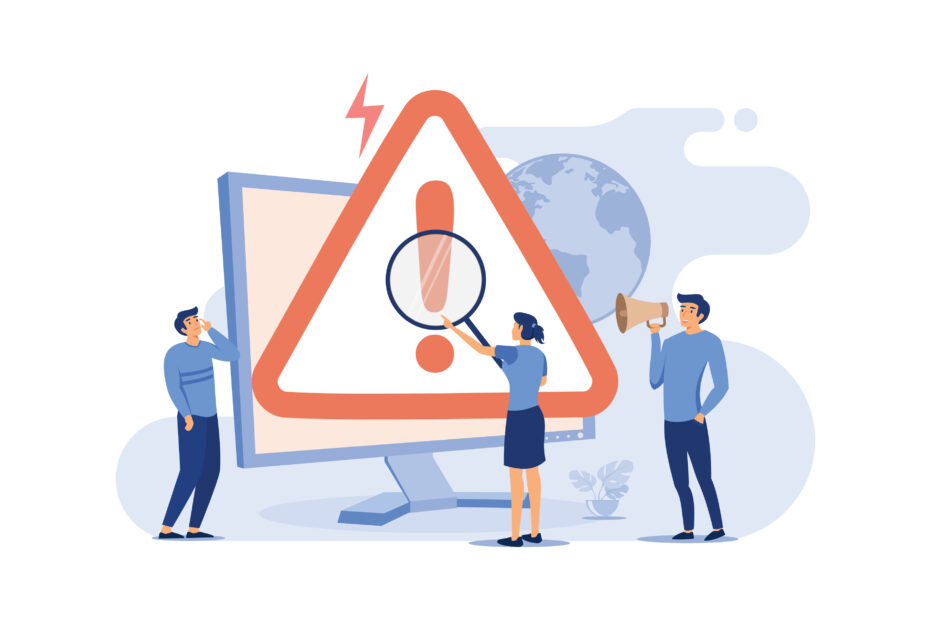We’ve all been there: you’re in the middle of an important task, streaming a movie, or making a secure transaction, and suddenly, your VPN connection drops. The immediate feeling is similar to driving in the dark when your headlights suddenly go off—disorienting and a bit alarming. This article aims to serve as a comprehensive guide to understanding why your VPN might drop and what to do when it happens. Because let’s face it, nobody wants to be left in the dark, online or offline.
The Anatomy of a VPN Connection
Before diving into solutions, it’s essential to understand how a VPN works. Think of a VPN as a private tunnel between your device and the internet. This tunnel is fortified with encryption, ensuring your data travels securely. When a VPN connection drops, it’s akin to a sudden collapse of that secure tunnel. The ensuing chaos can lead to a data leak or leave you exposed to various online threats.
Why Is This Problematic?
A dropped VPN connection isn’t just an annoyance; it can be a significant security risk. If you were in the middle of transferring sensitive information or working on a confidential project, a sudden drop could expose this data to prying eyes. Even if you were merely streaming or browsing, the disconnection interrupts your online activities, causing frustration and potential loss of data.
The Common Causes Behind Dropped VPN Connections
Overloaded Servers
Just like a crowded train can make for an uncomfortable commute, an overloaded VPN server can result in a disconnected service. When too many users are connected to the same server, the server struggles to handle the load, causing instability in the connection.
Internet Connection Woes
Your own internet connection might be the culprit. If your Wi-Fi or mobile data connection is unstable, it can lead to periodic drops in the VPN service. And just as you wouldn’t blame a car’s performance on a bumpy road, sometimes the fault lies in your basic network infrastructure rather than the VPN service itself.
Software Conflicts
Imagine having too many cooks in the kitchen; things are bound to go wrong. Similarly, if you have a firewall or antivirus software running alongside your VPN, the chances of them not getting along are pretty high. Software conflicts can disrupt your VPN service, making it essential to identify and resolve these incompatibilities.
Troubleshooting: Where to Start?
Validate Your Internet Connection
Before accusing your VPN service, validate whether the internet connection itself is stable. Disconnect from your VPN, try browsing a few websites or streaming a video. If you encounter problems here, fixing your internet should be your first priority.
Changing Servers
Often, simply switching to another server can resolve the connection issue. Most VPN services have servers across various countries, each with different capacities. Choosing a less crowded server can enhance the stability and performance of your VPN connection.
Tackling Software Conflicts
Firewall and antivirus applications are designed to protect your system, but sometimes they can get a little overzealous and interfere with your VPN. Temporarily disabling these security measures can often resolve the conflict. If that works, consider adding your VPN service to the software’s list of exceptions to prevent future interference.
Advanced Troubleshooting Techniques
Update Your VPN Software
Outdated software can be a hidden enemy. An older version of your VPN software might have compatibility issues with your operating system or other software. Always ensure you have the latest version installed to minimize connection drops.
Tweaking Router Settings
If you’ve tried all the above steps and your VPN still keeps dropping, it may be time to get your hands a bit dirty with your router settings. Different security protocols have varying levels of stability. Switching your protocol settings within the VPN or your router can sometimes rectify any lingering issues.
When All Else Fails, Seek Professional Help
If you’ve run through all the steps in this guide and you’re still experiencing drops, it might be time to turn to customer support. Reputable VPN services offer comprehensive support to troubleshoot your issues, and sometimes, the problem might be on their end.
Conclusion
A dropped VPN connection is more than just an annoyance; it’s a disruption that can pose a significant risk to your online security. While there can be various causes—from overloaded servers to incompatible software—there are just as many solutions. This guide aims to walk you through these methods step-by-step, troubleshooting the problem and leaving you better prepared for the next time you find yourself in the dark, figuratively speaking. With these tools at your disposal, you can maintain a stable and secure connection, keeping your online activities smooth and worry-free.




